Proprietary trading is a principle of operation of a financial company, whose main activity is the trading of stocks, futures, currencies, etc. in the financial markets. Trading is done with the company’s own funds. What are the best prop trading firms to choose from?
With so many new Forex Prop Firms and funding traders entering the industry around the world, it is becoming increasingly difficult to choose which firm to get funded accounts from. There are many factors to consider when choosing a funded account, from your trading system to your drawdown, leverage, trading requirements, and overall Prop Firm reputation.
Proprietary trading is when a firm or institution invests its own capital in stocks, bonds, commodities, and other financial instruments. The risk factor in proprietary trading is high, as is the opportunity for profit. Choosing your own trading firm is never an easy task, especially if you are new and want to get the most out of your investment. To help you out, we’ve created a list of some of the best trading providers. This will simplify your task when searching online for the best private firm.
Below is a carefully selected list of the top trading firms with their popular features and website links.
My top choices:
- FTMO is the largest proprietary trading firm because they are the best. With more than 10,000 traders worldwide and an excellent reputation, they represent a class in the world of prop trading.
- Second Place: DT4X Trader. DT4X Trader excels at forex trading. If this is your niche, they provide almost instant funding for a one-time fee.
- Next up is The 5%ers. Like FTMO, The 5%ers have an impeccable reputation for working hard to help educate traders and making timely and accurate payouts.
The main difference of Prop trading from other types of traders’ work on financial markets is that the prop-trading involves the conclusion of transactions with the company’s own money, not clients’ money, as is the case with trust management and PAMM-accounts.
The income of a prop company is only the amount of money that the firm was able to earn in the process of carrying out trading transactions in various financial instruments. The company does not receive any interest in managing client funds.
Who is a prop trader?
Traders who work for a prop company trade their money. In some firms, the trader who has just started to work makes a security deposit, and the company increases it several times. Thus, the trader who has started trading receives on his account the deposit of the proprietary company. It is worth noting that the losses he can incur cannot be more than the deposit made by the trader.
In this way, the prop company protects itself from losses associated with inexperienced traders. After all, the company, giving the trader the opportunity to trade with its money bears certain risks. And the company’s interest lies in the fact that the prop trader gives it a portion of the profits earned. It is also worth mentioning that the more successful the prop trader is, the more money he earns, the less profit he gives to the firm.
Thus, the percentage that the trader receives from the money he earns is called “payout”. As a rule, its value varies from 10% for a trader who has just begun to trade with a proprietary firm. For an experienced trader who is steadily earning money, the “outlay” can be up to 95%. The company, when investing its money, tries not to risk it in vain. That is why the firm usually assigns a risk manager to the trader.
Below we provide a sample list showing the structure of a prop company, from the most senior position to a junior position.
The structure of a proprietary company
Managing Partners-experienced traders with a strong track record: they make decisions on major trading operations and other business objectives.
Senior traders – each of them is in charge of his or her own line of trading (scalping, action trading, precious metals trading, and so on).
Ordinary traders – trade on different strategies. They report to one of the leading traders depending on the trading method.
In addition to these departments, large proprietary firms have:
- training center;
- risk management department;
- analytical department;
- Department of developers and testers of strategies, software.
Risks
The level of riskiness of trading strategies can vary at proprietary firms, but on average, the risk is slightly higher than at firms that operate like hedge funds. This is because although hedge funds have broad authority to manage client money, they do not trade with their own money and have to limit risk in many trades, thereby diverting much of the amount under management to hedging.
The good thing about prop trading is that it gives you the opportunity to learn the trade in a relatively short time under the guidance of an experienced mentor. For beginners this is ideal. For experienced market participants, this is not the most interesting option, but it would be wrong to write it off. Both trader and company are equally interested in making a profit, so there is no conflict of interest.
Having learned all about proprietary trading, you can conclude that it is a profitable business for both the proprietary trading company and its employees, represented by the traders. The company hires professionals and gives them an opportunity not only to develop in trading but also to earn very good money.
